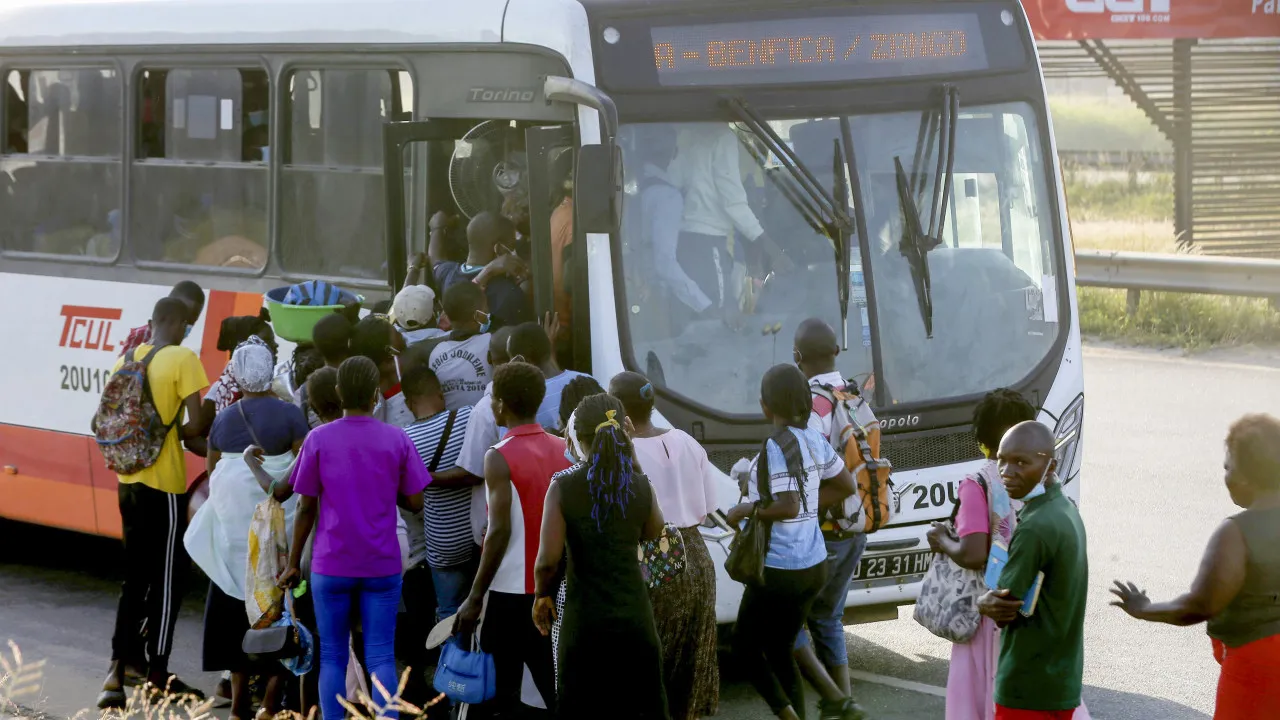The Minister of Internal Affairs assured today that the reform that will lead to the end of the SEF, scheduled for October 29, will allow “strengthening the levels of border control and inspection security”.
“There are clear efficiency gains. It’s true that the restructuring of SEF and the consequent transition of powers to the GNR and PSP in terms of border control and the activity of foreigners in Portugal pose challenges for integrated border management. But these are structural and organizational challenges aimed at ensuring efficiency and increasing border control,” said José Luís Carneiro.
The minister today presided over the opening of a series of conferences on the transition of competences and attributions of the Aliens and Borders Service (SEF), an initiative that this security service is organizing today and on Thursday at the PSP and on October 9 and 10 at the GNR.
“Having passed the phase of structuring political decisions, it is now essential to ensure the success of the transition process,” he said.
The process of abolishing SEF is scheduled for October 29 and the powers of this security service will be transferred to seven bodies.
At the conference, the minister specified that the PSP will take responsibility for controlling the air border, as well as managing the temporary installation centers integrated into airports, while the GNR will be responsible for controlling the maritime border, complementing the maritime surveillance functions carried out by the Coastal and Border Control Unit, as well as the land border, and these two security forces will also be responsible for expelling foreign citizens.
José Luís Carneiro stressed that “for many months now, the PSP and GNR have been working with SEF at the borders, in a process of cooperation that increases the capacity to control those entering and leaving the country and, at the same time, allows for a continuous and healthy exchange of experiences, which will be reflected positively in the future”.
According to the official, SEF has already given courses in border control to 348 members of the PSP, with another 50 police officers currently in training, and 235 GNR soldiers have also attended these courses.
The minister added that the Polícia Judiciária will take responsibility for crime associated with trafficking in human beings and aiding illegal immigration.
The functions of regularizing foreign citizens, migrants and refugees are assigned to the new Agency for Integration, Migration and Asylum (AIMA), which brings together the functions of regularizing migrants and issuing documents, together with the Institute of Registry and Notary, as well as the reception, integration and protection competencies, resulting from the merger of the High Commission for Migration.
The transition regime for SEF workers establishes that inspectors will be transferred to the PJ and non-police employees to the future agency and IRN, with “a transitional functional assignment regime”, which allows SEF inspectors to work for up to two years in the GNR and PSP at air and sea border posts.
According to the minister, the aim is for the number of SEF inspectors who will remain at border control to rise from 100% in the first year to 50% in the second.
As part of this process, there will also be a new configuration of the Portuguese border control system, with the creation of the Borders and Foreigners Coordination Unit, which will operate under the Secretary General of the Internal Security System, and some inspectors will also be transferred to the Tax Authority.
“Cooperation will dictate the success of the organizational and functional dimensions of this new security architecture and the commitment of the directorates and command will determine whether we need a year at 100% and 50% in the second year or whether we manage to meet this target before then. If we manage to meet this target, we’re also helping to ensure that staff can move to the PJ sooner,” he said.
Referring to the human resources available for this reform, the minister said that, regardless of whether they are “many or few”, the important thing is to “try to assess” how to make the resources available “more efficient in carrying out the functions and missions assigned”.
The restructuring of the SEF was decided by the previous government and approved by Parliament in November 2021, having been postponed twice.








